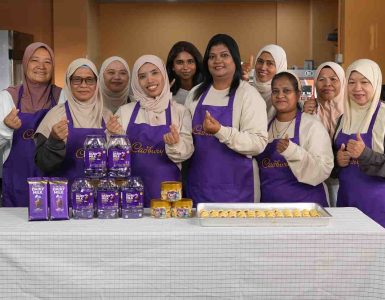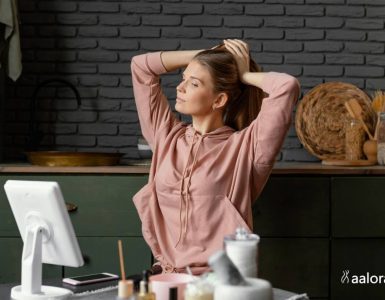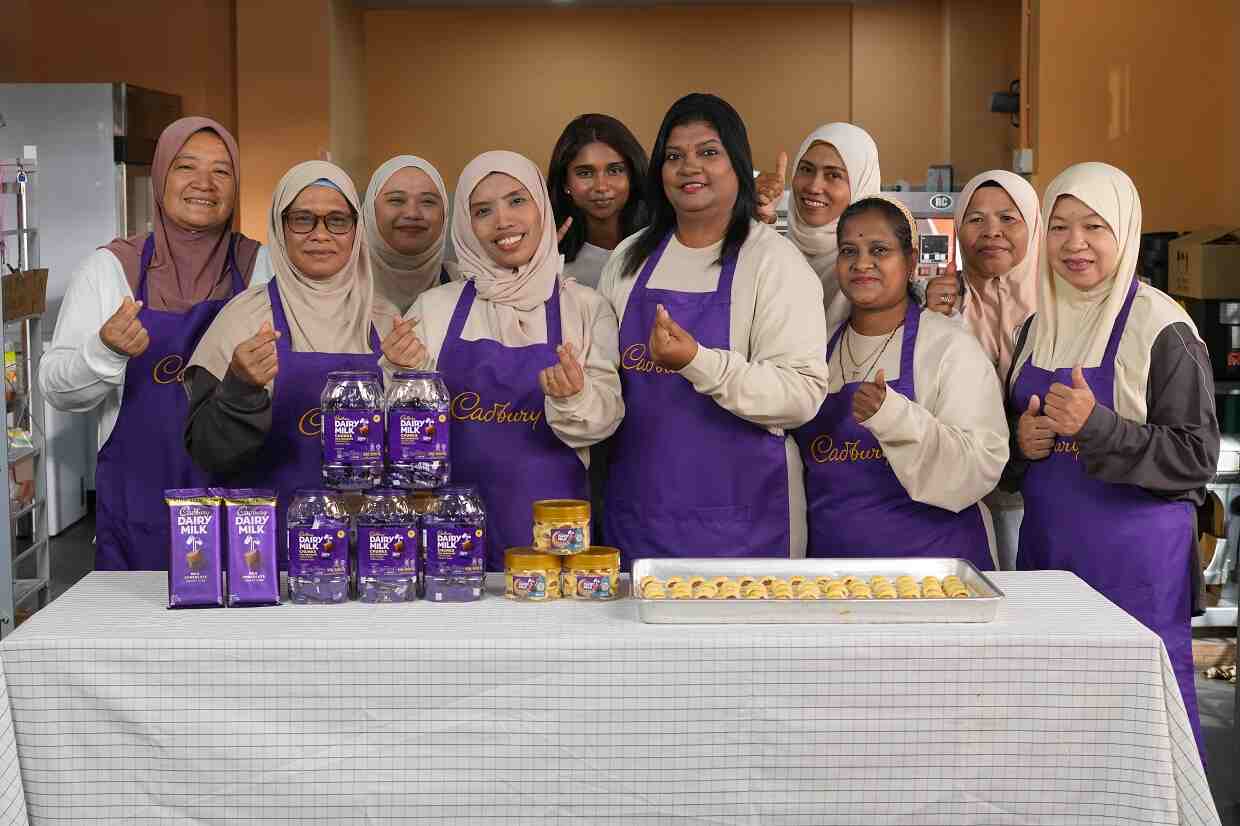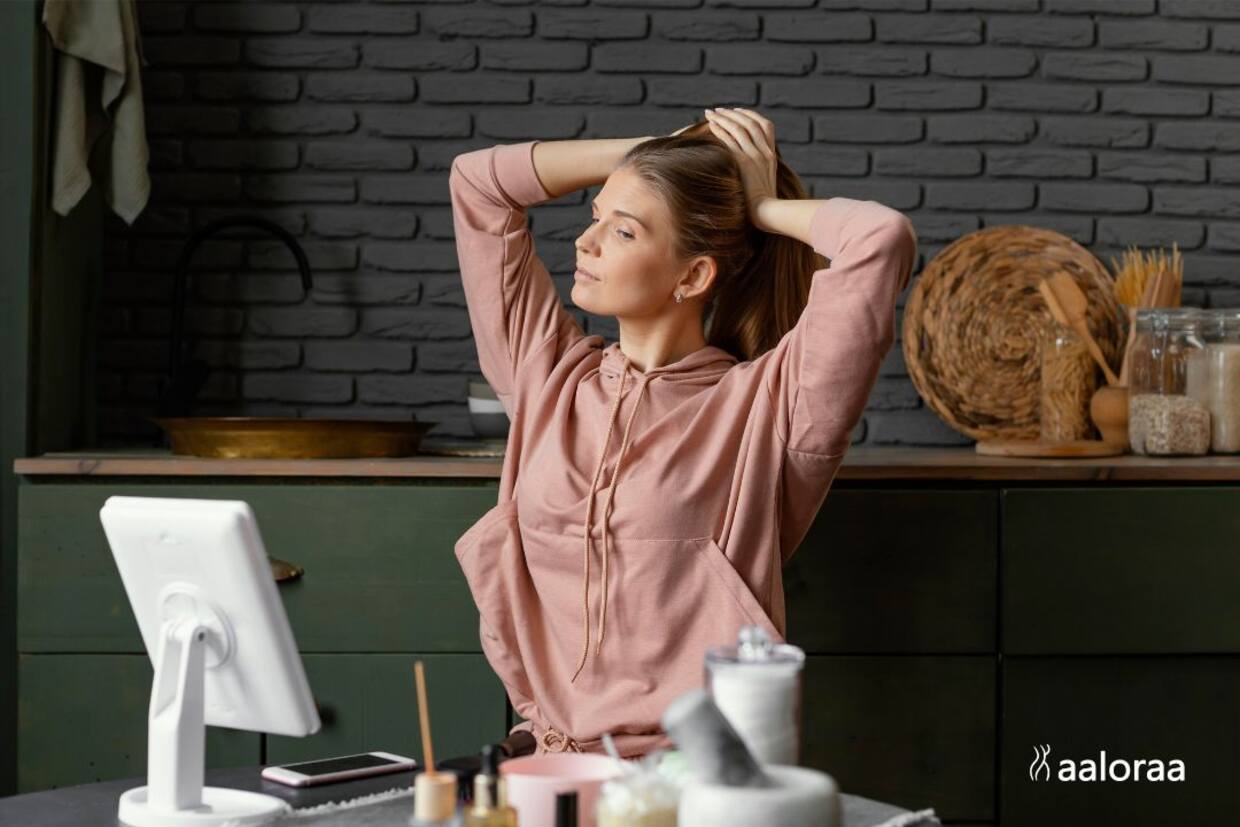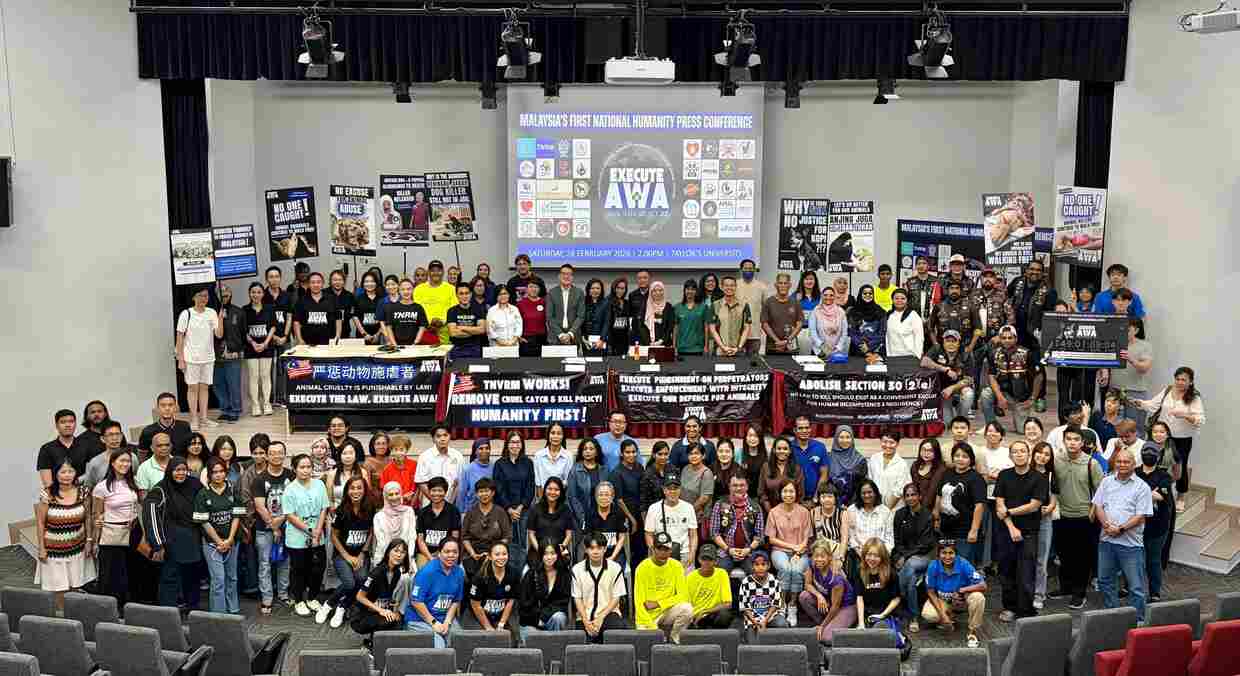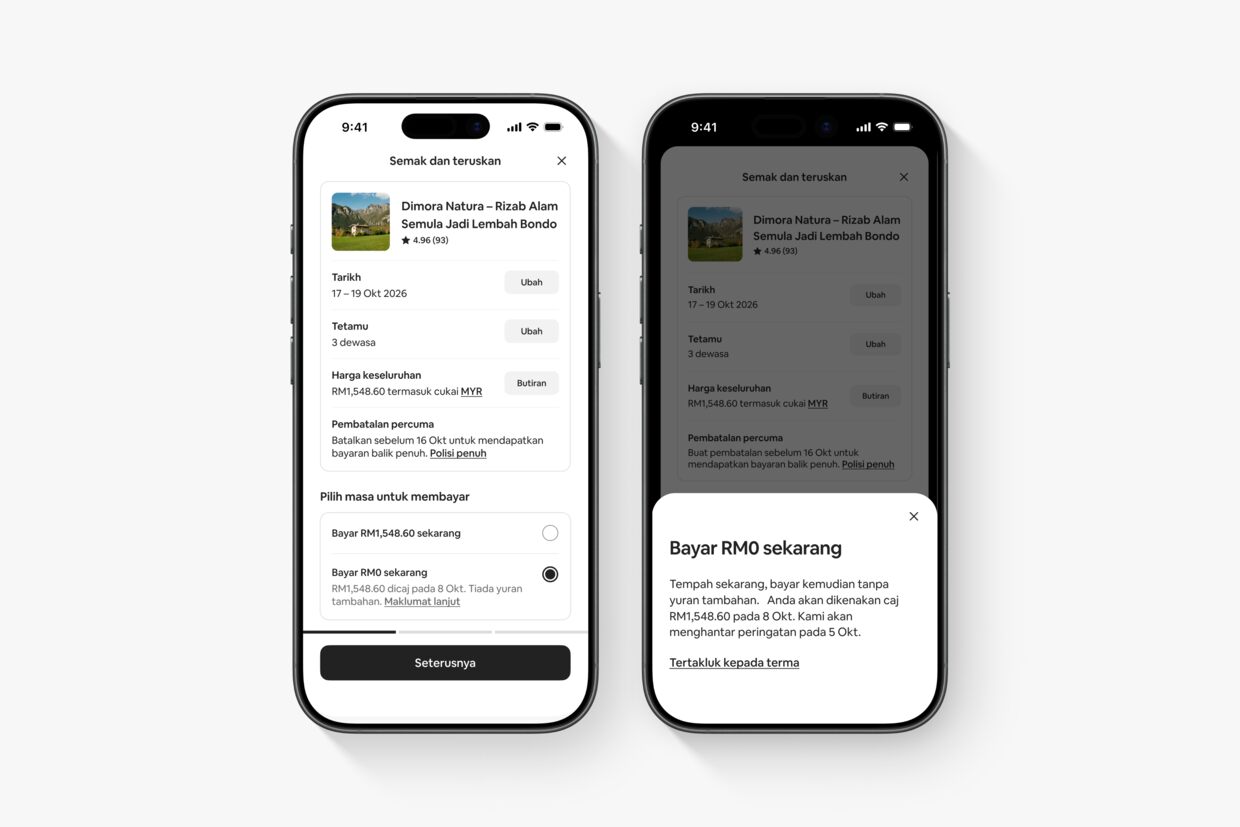BY: SUREKHA AHGIR YADAV
I was 26 years old, healthy, happy and living in New York City. I had just completed my master’s degree at Columbia University and my family had flown in for the graduation. That weekend held plans for a road trip to Canada and the Niagara Falls.
But then, driven by kiasuness, I decided to go for one last check-up before my comprehensive international student insurance lapsed.
It was a biopsy of two palpable lumps in my breast. Of course, as with every check-up, there was some paranoia but the worry seemed unnecessary. I was young, there was no history of any cancer in my family and the medical literature assured me that most lumps, especially in younger people, are benign. I dropped by the specialist’s clinic that Friday morning and, by noon, was out at Fifth Avenue with my family.
Then, in a painfully cliched twist, the clinic calls. I step away to hear the specialist more clearly. “It’s malignant,” says the voice on the other end of the line. With the five steps it takes to return to my family, I am sobbing.
“Don’t cry lah,” my mother says, wiping away her own tears. “It is what it is, whatever happens – we’ll get through it together.” That remains the best thing anyone has said to me since.
KILLER ADVICE
And a lot of people have said so many things to me. From the frustratingly dismissive – “oh, you could get run over by a bus” – to the incomprehensible sharing of stories about relatives who curled up and died shortly after their diagnosis of breast cancer.
I struggle to deal with all the advice and admonishments. “Drink lemon juice daily! Don’t take anything acidic! Exercise! Don’t exert yourself! The hospital will kill you! Trust your doctors!” Conveniently, all the cancer-fighting pamphlets leave this part out: If the disease doesn’t get you, other people’s quick cures just might.
Within a week of that phone call, I returned to Singapore and was sitting in the office of a surgical oncologist with family, friends and the desperate hope that this doctor would tell me it had all been a mistake – this was something that happened to other people. Instead he told me that, because of the absence of cancer in my family, he strongly suspected I had a gene mutation and I would need a bilateral mastectomy.
“However, maybe I can offer you nipple-sparing surgery,” he concluded after matter-of-factly announcing that he would be removing both my breasts.
I started to cry.
If I’m being honest, I have cried a lot these past weeks, so many times that I feel like a fraud when people tell me I’m being “strong”. I cry at night, in the shower, in the car but mostly, I cry in doctors’ offices.
Sometimes I cry out of fear. A fear of my own death, a fear of the uncertainty my life now holds, a fear of what pain there is yet to come. I cry because I mourn for the loss of my life as a healthy individual and my ability to saunter through the world as a 20-something without any reason to contemplate my mortality.
This is why I bristle at acquaintances’ Facebook updates where they bemoan coming birthdays and the misery of a flu, because I am jealous of their ability to remain frivolous. I miss my life where every decision did not have serious consequences.
Mostly, however, I cry from fatigue. I am tired of being sick. I am weary of being bald and in pain from chemotherapy. I am sick of constantly being told to cheer up or be positive. I want my life back. But that life is gone.
MISOGYNISTIC TREATMENT?
I know many women opt for prophylactic mastectomies (surgery to remove one or both breasts to reduce the risk of developing breast cancer) as a precaution when they are genetically predisposed, but I could not wrap my mind around this.
In total, scans showed that there were five abnormalities in both breasts. There is anger at my body, my breasts, these rogue cells that betrayed me, but the doctor’s suggestion struck me as drastic. I suppose some part of me wonders if breast cancer treatment – a treatment that seems to view breasts as disposable – is in some way misogynistic. His response was, “When the soil is bad, everything that grows from it will be bad.”
His logic might seem simple and incontrovertible to some. But I baulked. This could not be the only way. I spent days trawling the Internet and sifting through research, and discovered that survival rates remain similar with either a lumpectomy (excising just the lump) or a mastectomy; removing my breasts would not significantly decrease my chances of death.
While I understand how cancer is usually approached, particularly cancer in the young – this go at it, all out, take no chances approach – I am not entirely comfortable with it. I think a lot of these measures might be unnecessary. Because in the end, regardless of how aggressive the treatment plan, there are still no guarantees.
Armed with this knowledge, I went back to the doctors, another surgeon this time, and requested everything be biopsied regardless of what the odds seemed to suggest or what the MRIs and ultrasound scans showed. Five biopsies, five hollow needles into flesh and the longest three days of my life later, the results came back.
Only one abnormality was malignant. I would need just a lumpectomy. I know they valiantly tried to kill me but keeping my breasts was a victory that gave me strength.
NO MATTER HOW IT ENDS
But just as my world was beginning to look less bleak, things darkened again deftly. My surgeon flipped a page in my report and added, “but the cancer has spread to your lymph nodes”.
This disease, I’ve discovered, is all ups and downs.
And so began my voyage into the world of stage II cancer care – an adventure that is unfolding as a series of debates with doctors, as I negotiate the line between the standard treatment, alternative treatments and the treatment that is best for me; and so many hours spent contemplating various estimates of the odds of my surviving 5 or 10 years.
A schoolmate – another 26-year-old – passed away from this disease earlier this year. Her death haunts me. I spoke to her mother a few weeks ago and found myself moved by this woman’s grace and strength. I sat there watching her talk about her daughter, and my heart ached for my parents and their pain.
When I was first told I had cancer, I spent hours praying (funny how cancer swiftly knocked a fear of god into me) to be cured, for this to go away. But now I see this misses the point. We have no control over anything other than our state of mind. So now I pray for strength and acceptance – to be able to cope with some grace and good humour, no matter how this story ends.
I know this isn’t happening only to me. It is happening to everybody who loves me. On a recent weekend, I mucked around with friends in a pretend photo-shoot to get over the blow to my vanity that being bald has dealt. I try to be grateful for the little things – as trite as this sounds – grateful for all the love in my life, a tasty meal, a good movie and mornings with my mother and weekends with my father.
And most days, my fears have receded from the front of my mind and life is about moving through this – one day at a time.
– Today Online
Surekha Yadav previously interned with Today and was a producer with Channel NewsAsia, before pursuing her graduate studies at Columbia University. She blogs at xmarksmyspot.wordpress.com.




